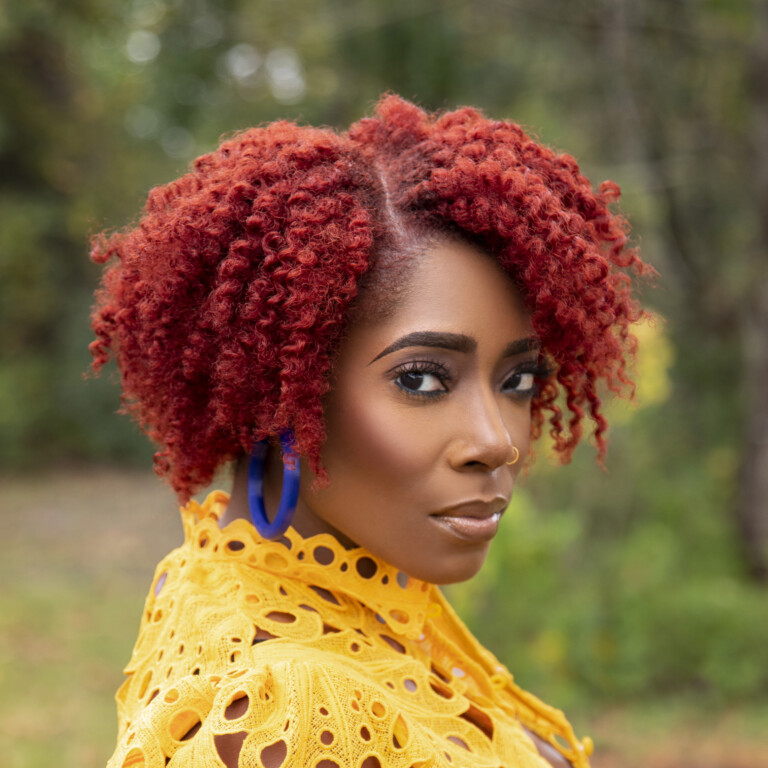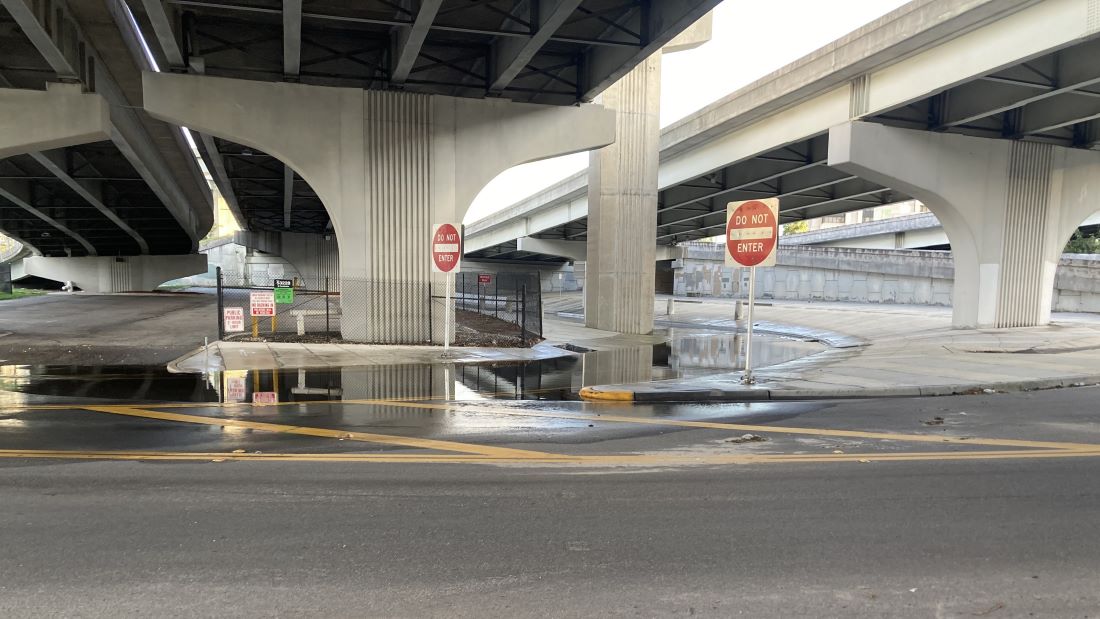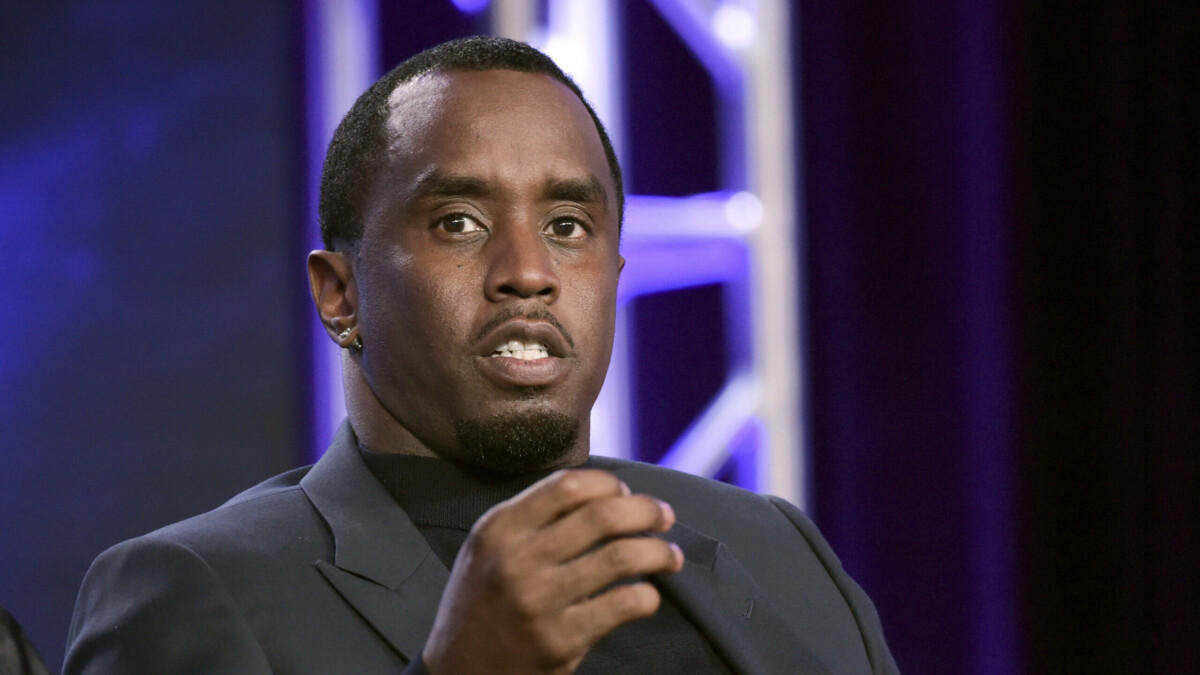
At the end of August, I bought a fully electric vehicle. It’s a purchase I’d been mulling for more than a year. My 10-year-old sedan was still going strong, but I was sick of buying gas and when getting the oil changed, being presented with a list of problems that cost thousands to repair.
But my disdain for my weekly fill-up, and quarterly visits to the shop were only part of the reason behind my purchase. I’m also deeply concerned about the climate crisis facing the world and want to reduce my carbon footprint, beyond recycling and switching to reusable feminine hygiene products.
I lovingly nick-named my new car Black Beauty. I plug her in right in my garage (I’m sure JEA is recouping my oil and gas savings) and have no complaints about EV life. That is, until Helene and Milton.
Milton formed the same weekend as my best friend’s bridal shower. I drove from my home in Mandarin to the airport twice in the same day in addition to running around the city for last-minute snacks, supplies, and a hair appointment because the wedding was definitely not canceled. In all my ripping and running I had to rely on public charging stations to keep Black Beauty near 100%.
Using my car’s navigation system to find charging stations near me, I noticed that as long as I was in a more affluent area, chargers of all types were plentiful. However, deep into Arlington, east of Jacksonville University, I was very much SOL.
No matter how much climate scientists and progressive politicians push clean energy—solar, wind, electric—if there isn’t the infrastructure to support the switch, the constant harping is a waste of breath.
The climate crisis is the largest existential threat to the human race. My effort to reduce my “carbon footprint,” a term made up by marketing firms for gas companies like BP and Exxon Mobil to shift the responsibility for atmospheric pollution onto their consumers, is noble but without teeth when the biggest polluters are allowed to irreparably damage the planet.
It’s the same performance that major tech companies like Amazon and Microsoft or discount airline Jet Blue dabble in when they highlight their effort to become “carbon neutral” — to not emit more carbon than can be absorbed by the atmosphere.
Carbon neutral is cute.
Zero emissions needs to be the goal.
The U.S., a country that is amongst the biggest polluters on the planet, does not take climate change seriously. How can we when future school board members like Tony Ricardo, or sitting Congresswoman Marjorie Taylor Greene spread conspiracy theories about the government controlling the weather patterns? As if the U.S. wants to spend billions repairing flood prone cities, eroded coastlines, and rebuild entire communities wiped off the map when FEMA faces an $8 billion budget shortfall.
We cannot afford disaster, but disaster is still in the forecast due to the rapid warming of the air, land and water that causes volatile weather extremes, from blizzards and hurricanes to wildfires and coral bleaching. And what’s worse is that neither side of the political binary cares.
Yes, President Biden signed the Inflation Reduction Act, a climate bill meant to reduce carbon emissions by 40% by 2030. He also is presiding over a booming economy bolstered by the oil and gas industries who’ve had record profits, record employment and record production. This harmful duality is similar to Vice President Kamala Harris’s policy shift on fracking. The bottom line is centrism wins votes.
Politicians, both those elected and those running for office, are trying to balance the needs of a stressed and strained planet with the needs of the people who keep them in power. People who maybe can’t afford to go out and buy a hybrid or electric vehicle like I did, or put solar panels on their roofs, or are lucky enough to live in a neighborhood that has plenty of tree cover.
What the people want— low gas prices, good jobs and high wages — matters to those writing and signing the laws. But what the planet needs, needs to matter more.
If we don’t build the necessary infrastructure to bring down cost, an electric car will always elude the majority of people. And if we can’t buy or borrow our way into cleaner living then we for damn sure can’t all afford luxury safe houses and underground bunkers to survive the climate apocalypse. Which means if we don’t have a habitable planet, what the people want is really inconsequential compared to what they actually need.
Whoever becomes president and is elected to Congress must be held accountable for reversing the path that’s leading our planet toward self-destruction. This is truly a both sides issue.
As Floridians, a state surrounded by water on three sides, as Jaxsons, a city bifurcated by a river, we know better than most the devastation and destruction we have avoided for more than 50 years. We won’t always dodge a direct hit, and as the dog days of summer get hotter and hurricane season peaks earlier, we have to acknowledge we’re playing a losing game against mother nature.
To paraphrase climate journalist and author Jeff Gooddell, the heat may kill us first, but the water is still gonna come.

Nikesha Elise Williams is an Emmy-winning TV producer, award-winning novelist (Beyond Bourbon Street and Four Women) and the host/producer of the Black & Published podcast. Her bylines include The Washington Post, ESSENCE, and Vox. She lives in Jacksonville with her family.






